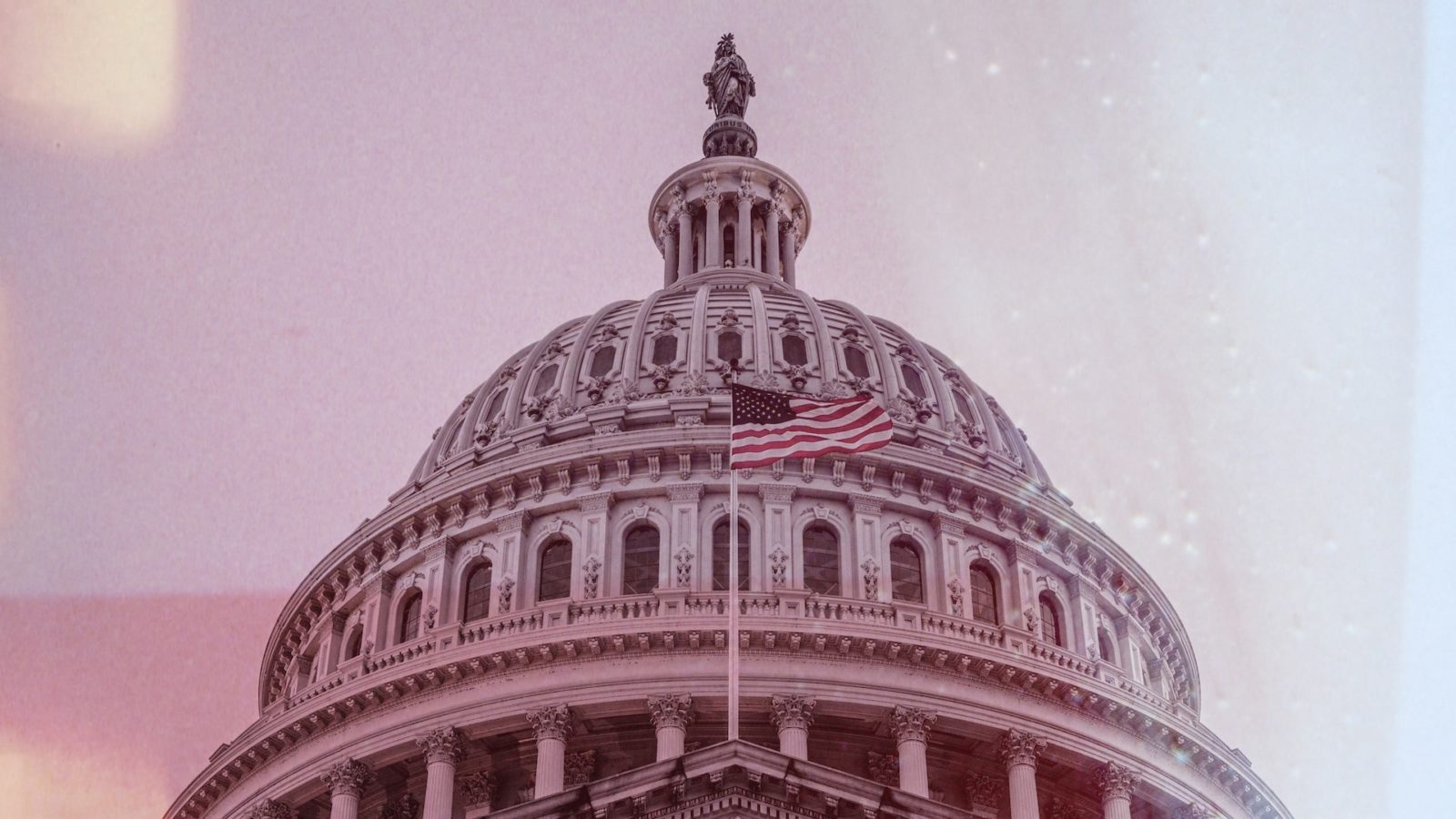For climate advocates and individuals concerned about the climate crisis, the year 2021 started off with a renewed hope for federal-level climate action. In fact, the swearing in of President Biden was accompanied by a flurry of executive actions to help make good on the promises he made on the campaign trail. While these actions don’t solidify the changes in law, there was still the possibility of passing meaningful legislation through the Build Back Better Act. However, the past year of obstacles and inaction have proven just how critical state-level action still is in driving equitable decarbonization in the U.S.
Federal Level Action at a Standstill
The Build Back Better Act, originally introduced in fall of 2021, was intended to put the U.S. on track to meet the Biden administration’s ambitious climate goals — the same goals that were championed during the campaign that won Biden the White House. As originally written, the legislative package would have been historic in providing much-needed provisions for issues like the climate crisis, childcare, and affordable healthcare.
As months passed and the package moved slowly through the legislative bodies, these provisions were picked apart, pared down, or even removed altogether. Near the end of November 2021 the bill passed the House and made its way to the Senate, where it remains today as policymakers continue to debate the specifics of the bill.
However, with unanimous opposition from Senate Republicans and the need for all 50 Democrats to be on board, the fate of the bill has largely been resting on Senator Manchin from West Virginia and Senator Sinema from Arizona — both of whom have been apprehensive about the package.
The White House continues to work with Senate Democrats to push the bill forward and overcome hesitations from Manchin and Sinema, but there’s no guarantee that every provision makes its way into the final iteration of the legislation. Certain elements of the have already gone through changes, and there are even whispers of breaking up the package to get it passed.
To climate advocates, President Biden and his administration of climate and environmental champions provided a renewed hope that federal action on climate change might now be possible. We’ve seen, however, that taking such sweeping actions to address climate change and a myriad of other social issues is easier said than done — at least at the federal level.
What does this tell us for 2022 and the years to come? State-level climate action is, and will continue to be, one of the most important drivers of a just and equitable decarbonization of our country.
Innovating for State Climate Policy
For us here at Climate XChange, state-level climate policy is our bread and butter. It’s what we set out to do when the organization was founded nearly a decade ago. In that time, we’ve been able to not only provide critical support to state campaigns across the country, but we’ve also been able to sharpen our research and advocacy expertise to take a targeted approach to passing climate policy.
This expertise has allowed us to organize diverse coalitions in both Maryland and Massachusetts and cultivate critical relationships with stakeholders on the ground in each state. In concert with key state policymakers, both coalitions have introduced legislation that prioritizes emissions reduction while generating revenue for investments in infrastructure and community programs; but, most importantly, the legislation puts people first.
Based in Maryland? Learn more about our Rebuild Maryland Coalition.
Based in Massachusetts? Learn more about our Green Future Now! Coalition.
We’re also convening stakeholders from every state and every sector through our ever-growing State Climate Policy Network (SCPN) — from farmers in Nebraska to city planners in California — so that everyone has a seat at the table when it comes to climate policy. To make information and resources more accessible for the climate movement at-large, we launched the State Climate Policy Dashboard or The Dashboard. It serves as a one-stop shop for all things state climate policy. The Dashboard has two main components: 1) the State Climate Policy Tracker, which tracks 51 climate policies across all 50 states, and 2) the State Climate Policy Resource Hub, which serves as an educational counterpart to the tracker, providing explanations, resource links, and model state examples for each policy area.
Even with the passage of the Build Back Better Act (hopefully) on the horizon, we know that states will continue to drive meaningful, science-based policies in the face of the climate crisis. We’re well positioned to support campaigns across the country, and we have the tools to help advocates, legislators, business leaders, and scientists succeed in passing climate policy.
Right now, you could be a part of our efforts to decarbonize our society and finally start to put people and the planet before profit. Our 6th Annual Tesla Raffle is our largest fundraiser of the year and it’s going on right now, and there’s just over a month left until our drawing on February 25th. This year’s raffle has our best and biggest prize yet. Our grand prize winner will drive away in a brand new, fully custom Tesla of their choosing — with all taxes paid for by us — for a total value of $227,615…or cash prizes for 2nd, 3rd, 4th, and 5th place.










